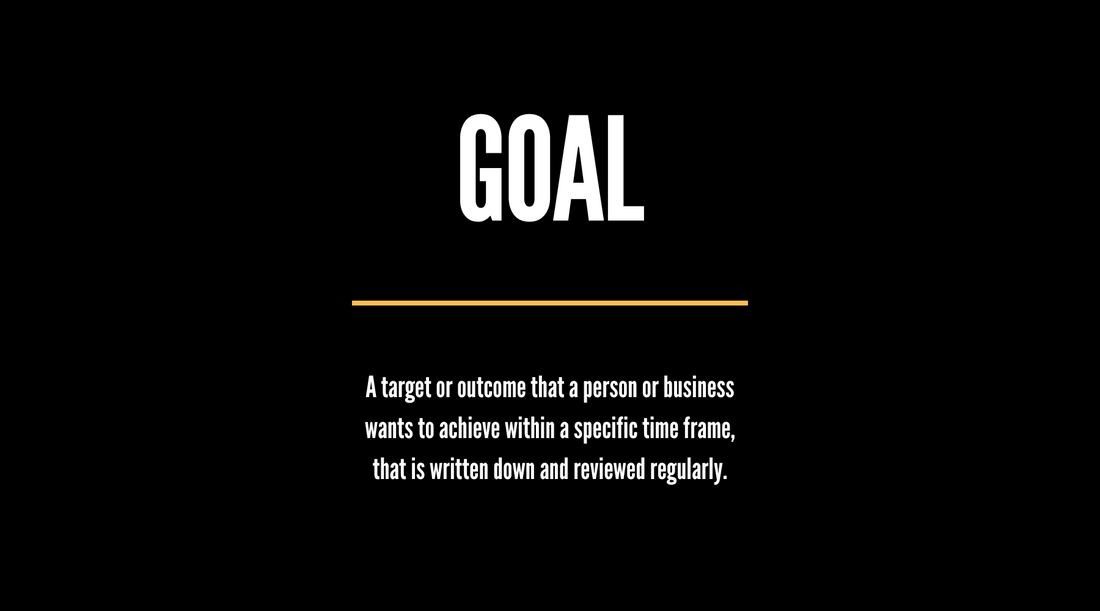
The Ultimate Guide to Setting and Achieving Your Goals
Setting goals is more than just creating a to-do list; it’s a strategic process that leads to personal and professional growth. Achieving your goals requires clarity, action, and persistence. Whether you’re looking to improve your career, health, or personal life, setting the right goals can set you on the path to success. Let’s explore how to set meaningful goals and the best strategies for achieving them.
Why Setting Goals is Crucial for Success
Without clear goals, it’s easy to drift through life without a sense of purpose. Goals provide direction, motivation, and a roadmap for success. They keep you focused on what’s truly important and help you measure progress. When you have defined goals, you’re more likely to make decisions that align with your long-term vision.
Key Takeaway: Goals are the bridge between where you are and where you want to be. They help you stay on track, even when challenges arise.
The Importance of SMART Goals
One of the most effective goal-setting frameworks is the SMART method. SMART stands for:
- Specific: Your goal should be clear and well-defined. Instead of “I want to be healthier,” say, “I want to lose 10 pounds in three months.”
- Measurable: You need to track your progress. A measurable goal allows you to see how far you’ve come and how far you need to go.
- Achievable: Set realistic goals that you can actually achieve. While it’s good to aim high, overly ambitious goals can lead to frustration.
- Relevant: Ensure your goals align with your values and long-term objectives.
- Time-bound: Give yourself a deadline. A goal without a timeline is just a wish.
Breaking Down Long-Term Goals into Manageable Steps
Big goals can often feel overwhelming. The key to achieving long-term goals is breaking them down into smaller, manageable steps. These smaller milestones give you a sense of accomplishment and keep you motivated along the way.
For example, if your long-term goal is to start your own business, break it down into smaller tasks like conducting market research, developing a business plan, and securing funding. Each step brings you closer to achieving your ultimate goal.
Staying Committed to Your Goals
Consistency is the secret to success. Here are some strategies to stay committed to your goals:
-
Create a Vision Board
Visualizing your goals can be a powerful motivator. A vision board filled with images and words that represent your goals can serve as a daily reminder of what you’re working toward. -
Set Deadlines
A goal without a deadline can lose its urgency. Set specific deadlines for each milestone and hold yourself accountable. -
Track Your Progress
Regularly monitor your progress to ensure you’re on track. If you encounter setbacks, adjust your approach but don’t abandon your goal. -
Stay Flexible
Life is unpredictable, and sometimes goals need to be adjusted. Stay flexible, and don’t be afraid to revise your goals if necessary. However, make sure the core objective remains clear.
Overcoming Obstacles on the Way to Your Goals
Challenges are inevitable, but they don’t have to derail your progress. Here’s how to tackle common obstacles:
-
Fear of Failure
Don’t let fear hold you back. Instead of seeing failure as the end, view it as a learning experience. Each failure brings you closer to your goal by teaching you valuable lessons. -
Procrastination
Procrastination is one of the biggest hurdles to achieving goals. Break your tasks into smaller chunks, set specific times to work on them, and eliminate distractions. -
Lack of Motivation
If you find yourself losing motivation, revisit the reasons why you set your goals in the first place. Surround yourself with supportive individuals who encourage you to stay focused.
Achieving Balance in Goal Setting
While setting ambitious goals is important, it’s equally important to maintain balance. Avoid setting too many goals at once, which can lead to burnout. Prioritize a few meaningful goals and focus your energy on achieving them. Balance your professional, personal, and health goals to ensure holistic growth.
Conclusion
Setting and achieving goals is a process that requires dedication, focus, and resilience. By using frameworks like SMART goals, breaking down large objectives into smaller tasks, and staying committed, you can turn your aspirations into reality. Remember, the journey to achieving your goals is just as important as the destination. Stay patient, stay persistent, and success will follow.
Thanks for reading. Remember to check out our store for Inspirational Hoodies and Wall Art.








